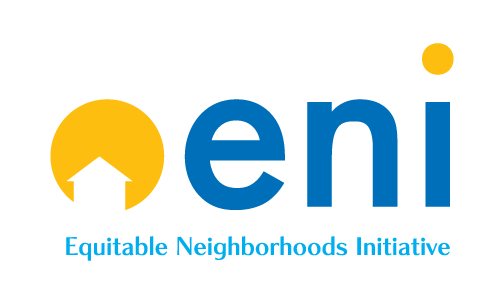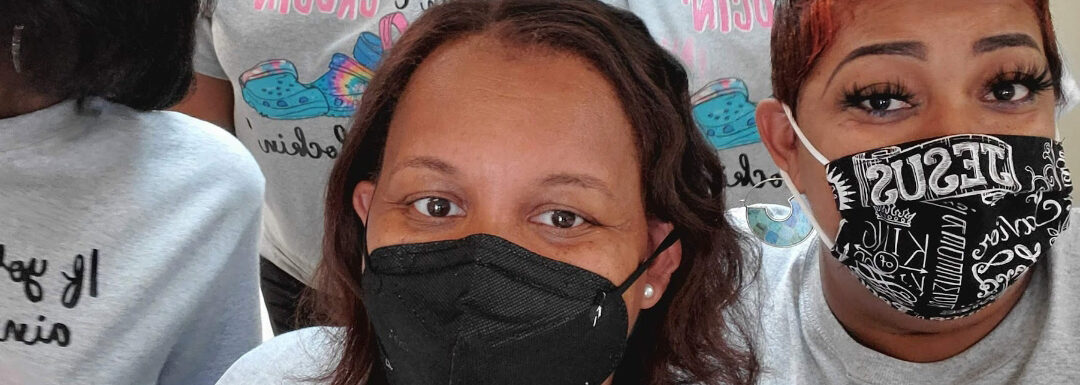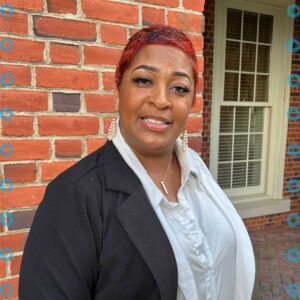November 22, 2022
– By Teneeshia Goodman Johnson –
No matter who you are, what you do, or where you are from, the COVID pandemic affected everyone in some capacity. March 2020 was the beginning of the scariest couple of years of my 46 years of life. The unknown is always uncomfortable and can be scary, but the unknown with deadly results is terrifying.
Initially, we thought COVID was only a problem overseas, but then it started growing rapidly in big cities in the U.S. In my mind, I knew that if this mysterious sickness was killing so many people in New York, it would undoubtedly wipe out my small city of Dadeville, Alabama. Dadeville is my home, my comfort zone, the place I grew up, and the place I serve my civic duties.
Naturally, my mind started racing. What exactly is coronavirus? How do you get it? How do you treat it? And the most important question: how do we protect ourselves from it? There were so many questions and so few answers. We were all scared!
Small towns, especially Dadeville, are close-knit and tend to fellowship as often as possible. But in 2020 we were being advised to stay away from everyone. The thought of staying away from anyone that is not a part of your household? It was almost pandemonium!
The first thing everyone did was hit the stores to stock up on food, medication and water. Dadeville only has one grocery store and two dollar stores, so it didn’t take long to deplete its inventory. Rural areas like Dadeville are already more likely to struggle with access to healthy food, but rural towns across the U.S. had lower food availability and access to food during the pandemic.
As the curfew and quarantine became the new normal, we had worker shortages but still many customers. This affected pretty much all businesses in Dadeville. Retail, fast food and our beloved family-owned and operated businesses began to suffer from not only a lack of workers, but also supplies. Yes, supplies! The workers that make America run could no longer work due to COVID impacts, including catching it and quarantining for two weeks, death, layoffs, and fear of the disease.
Everything started shutting down. The churches, the schools, and the restaurants. All social gathering venues. Special programs and annual events were canceled.
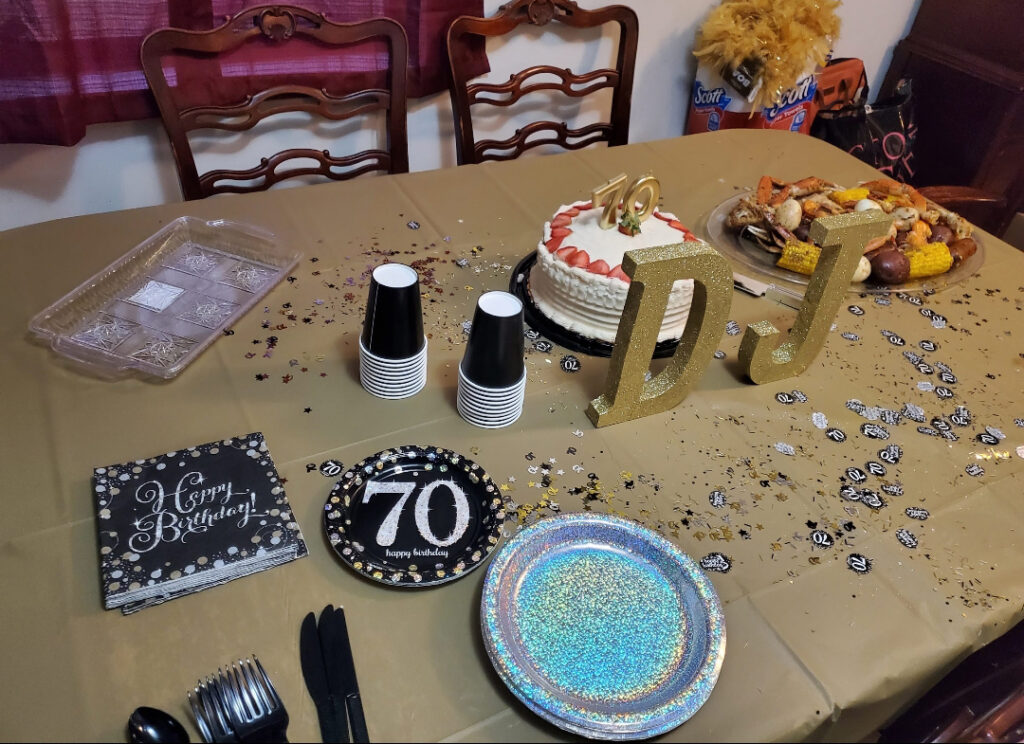
My daughter was a senior at our local high school when the pandemic hit. All the plans and events scheduled were crushed. Senior prom, college visits, and even graduation plans were all changed. The children were distraught. Parents, teachers, and community supporters from all over central Alabama formed a Facebook alliance to support these seniors. It was uplifting to see the love shared. People were “adopting” seniors and sending monetary gifts, as well as other personal items on their wish lists. Love given, love shared, and love received was the silver lining. We held a little tighter to hope!
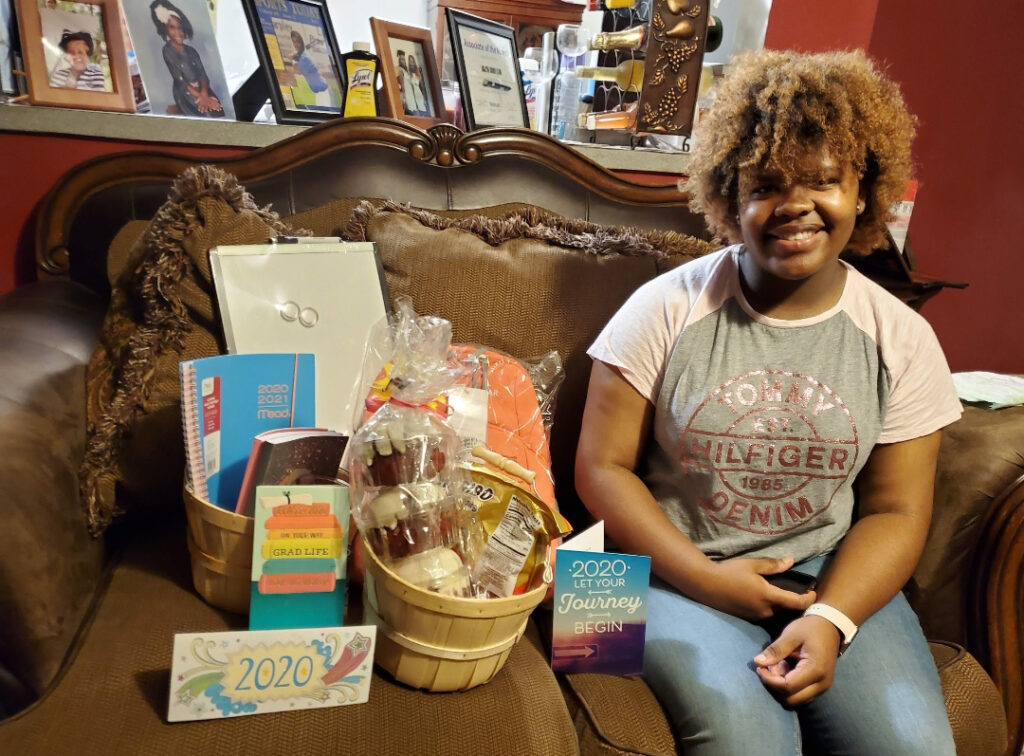
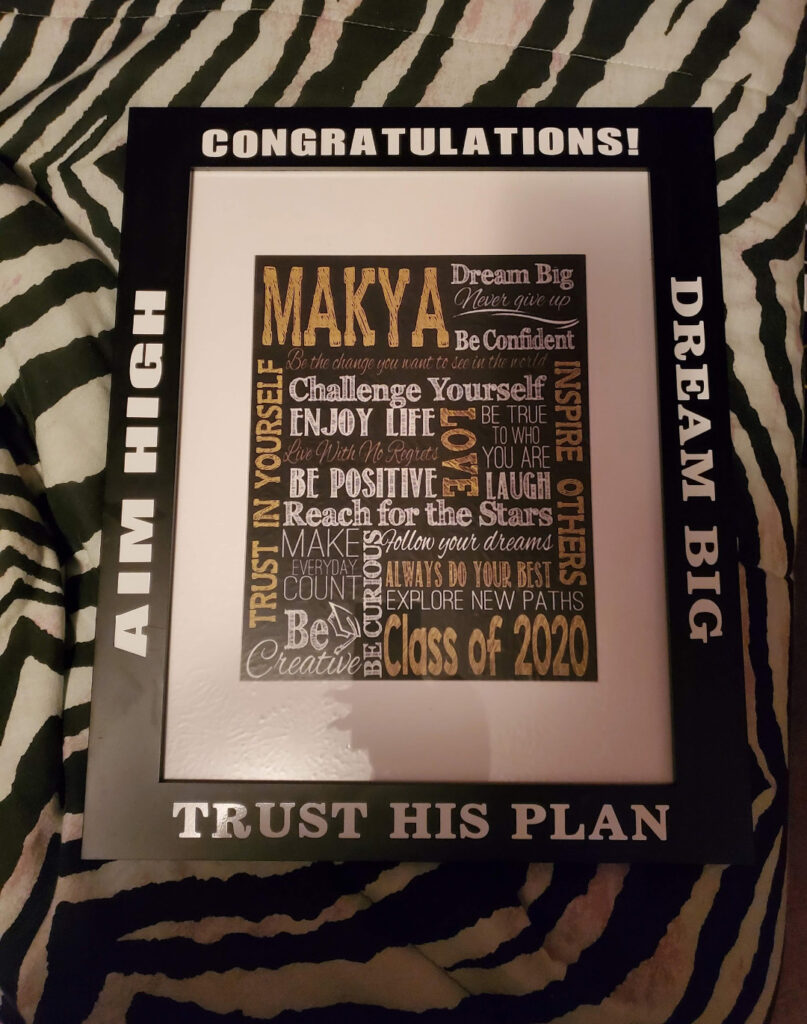
Quarantining wasn’t too bad for the families who normally are too busy with their jobs and school activities to eat dinner together and have conversations around the table. But Dadeville is a huge retirement community. For the people that lived alone, the retirees and the widows, this pandemic brought loneliness and depression. But when we were told to stay away, who could go check on these people? Everyone was so overwhelmed and worried about self-care, but this vulnerable population was forgotten. No one thought to put together a system to ensure the wellness of the disabled and elderly who would be home alone, quarantined.
The local 46-bed hospital was at capacity. In all my years, I’ve never known air medical service to be used so frequently by the community hospital. Some patients had to be airlifted as far away as Florida because there were no beds available for miles (for those of you who are unfamiliar, Dadeville is very far from Florida). Our African American community was especially hit hard, which was seen all over Alabama and the U.S. I found out the COVID mortality rate for African Americans in the U.S. was more than double that of the White population. It was very saddening and sickening. I started feeling helpless and somewhat hopeless –and I wasn’t even alone.
One of the sadder settings during the pandemic happened to be my place of employment, the local nursing home. Although I’m only support staff (social services) I also saw the sadness, sickness, and many deaths. As necessary as masks became, they were one of the saddest requirements. Unless one has worked in long-term health care, you won’t know that the most important thing an employee can wear is a smile. Once Alzheimer’s disease has taken over a loved one and their auditory and verbal senses no longer work, your smile is soothing and comforting to them.
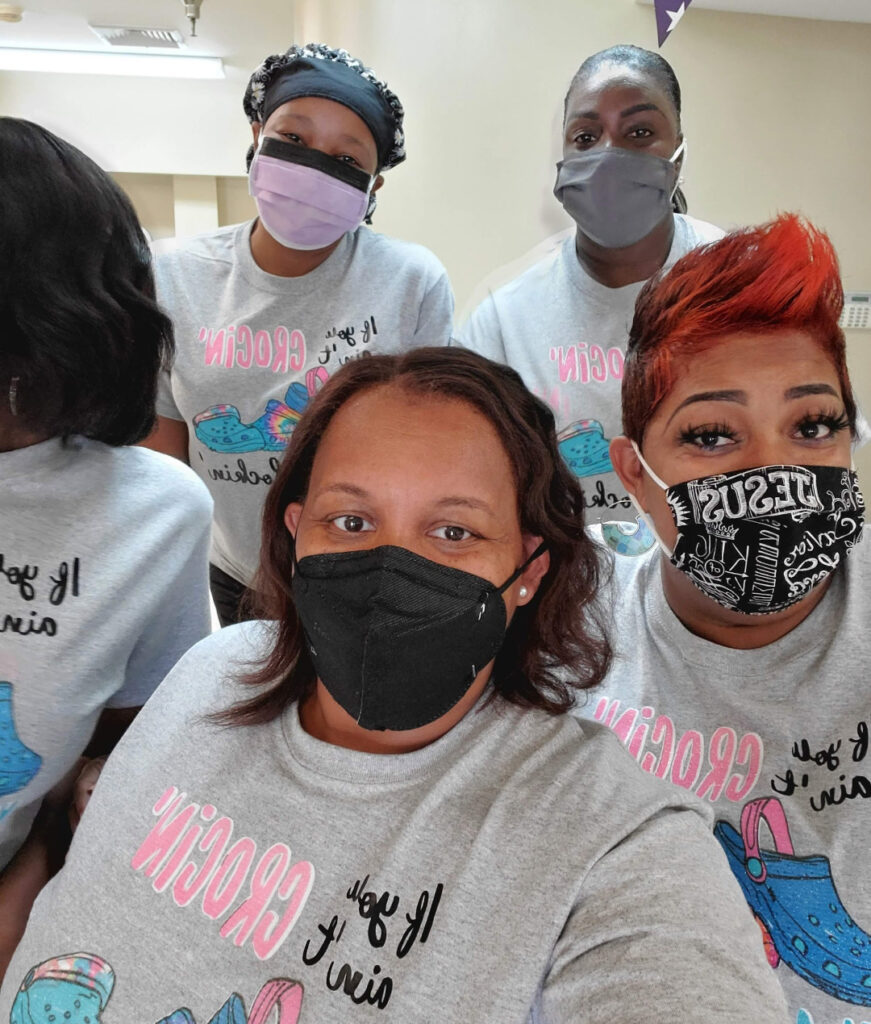
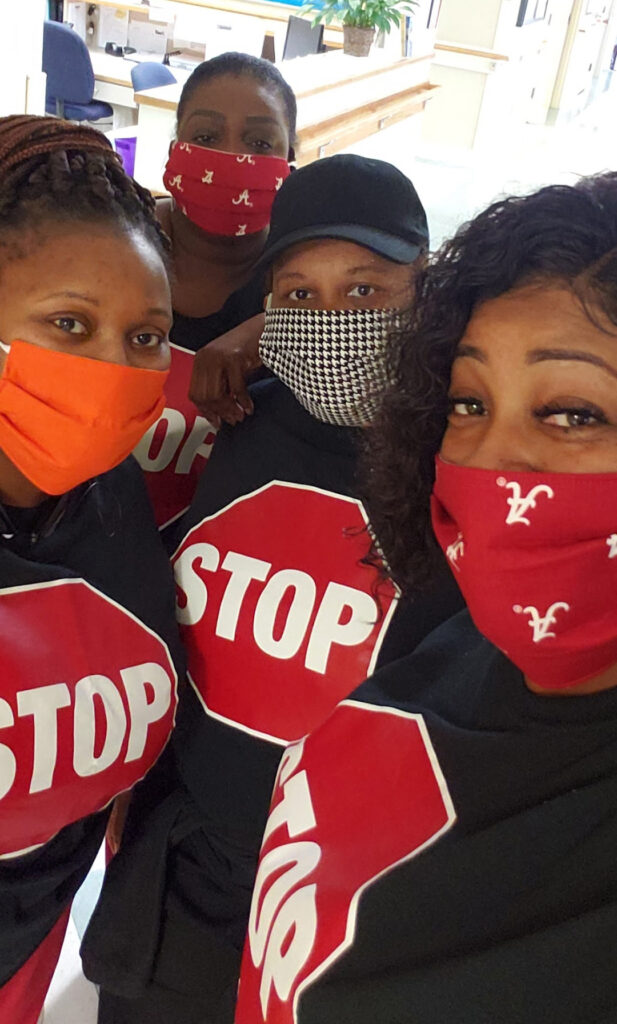
Now, that smile is no longer an option. The residents wanted to see their families, but they could only look through a window if they are lucky enough to have a window low enough for families to gather around. We utilize Skype, FaceTime, duo, and any other means of communication for our residents to have a means of connecting with their loved ones. It was good, but it didn’t replace hugs, kisses, and being able to stroke their head to soothe them while they were ailing.
For almost two years, the staff was their family. We all did store runs when needed or asked. We also were the ones to hold their hands while they transition. So many tears were shed. SARS COVID-19 took so many lives in the past two years. Many lost their battles because of the lack of communication, the lack of healthcare resources and the lack of healthcare knowledge.
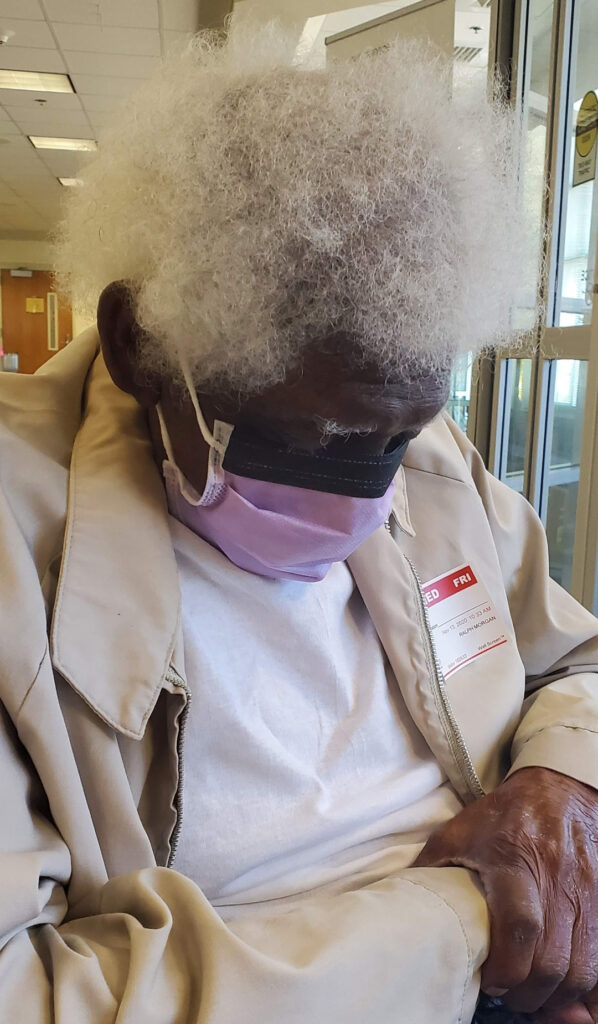
As the case numbers continue to decrease and the masks come off, it may seem that some sort of normalcy is on the horizon. But what exactly is normal? For the people that lost the majority of their family to COVID, the ones who lost their entire assets in a failed business due to the pandemic, the ones that beat COVID but now have long-term health problems behind it, and the people who now suffer from depression and anxiety, that normal has been changed.
In this small town of Dadeville, Alabama, we will continue to give and show love as means of coping. We will share and find ways to get information to everyone about health-related issues. We will assist others who are suffering from grief. Together, we will be stronger than ever!
